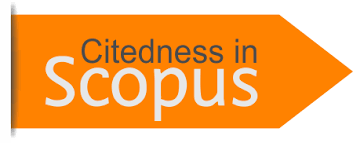An Exploratory Study of Ar-Rahnu (Islamic Pawnbroking) by the Islamic Bank in Malaysia
Keywords:
Ar-rahnu, Islamic bank, socio-economic developmentAbstract
In Malaysia, ar-rahnu (Islamic pawnbroking) operates under a separate regulatory framework from conventional pawnshops, which are governed by the Pawnbrokers Act 1972. Due to the prohibition of riba (interest) in Islam, ar-rahnu institutions such as Islamic banks, cooperatives, and agricultural bodies are exempted from this Act and regulated instead by Bank Negara Malaysia (BNM), Suruhanjaya Koperasi Malaysia (SKM), or state Islamic authorities. These regulators issue specific guidelines, for examples; Rahn Policy Document by BNM and Garis Panduan 25 (GP25) by SKM, to ensure all operations comply with Shariah principles. The paper adopts qualitative methods, explores how the ar-rahnu product offered by the various financial providers, to supports liquidity for the individual and small and medium-sized enterprises. This product can be considered as the blended finance instrument, and promotes social entrepreneurship. Through a case study of ar-rahnu product offered by Bank Kerjasama Rakyat Berhad (Bank Rakyat), this paper demonstrates how Bank Rakyat set the strategy of financial inclusion and positions ar-rahnu as a key instrument for community-level liquidity, especially during times of economic uncertainty. The findings of the study reveal the significant potential of ar-rahnu as a secured financing instrument, especially amid rising gold prices, which enhances the collateral value for customers. In the Malaysian context, the stability of the cost of living and increasing purchasing power among consumers have contributed to the growing demand for accessible and Shariah-compliant financing solutions, such as ar-rahnu. These trends highlight the importance of ar-rahnu in promoting financial resilience and inclusive financing for economically vulnerable groups. The case study of ar-rahnu by Bank Rakyat illustrates how integrating commercial objectives with gold-based collateral can significantly enhance financial inclusion, promote social equity, and strengthen the economic well-being of communities.















